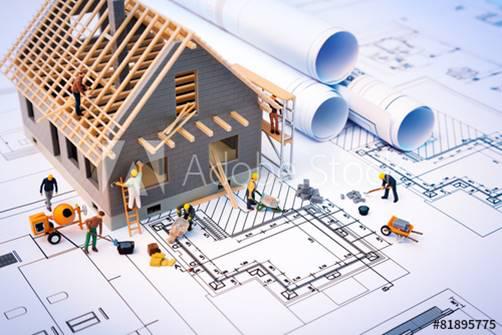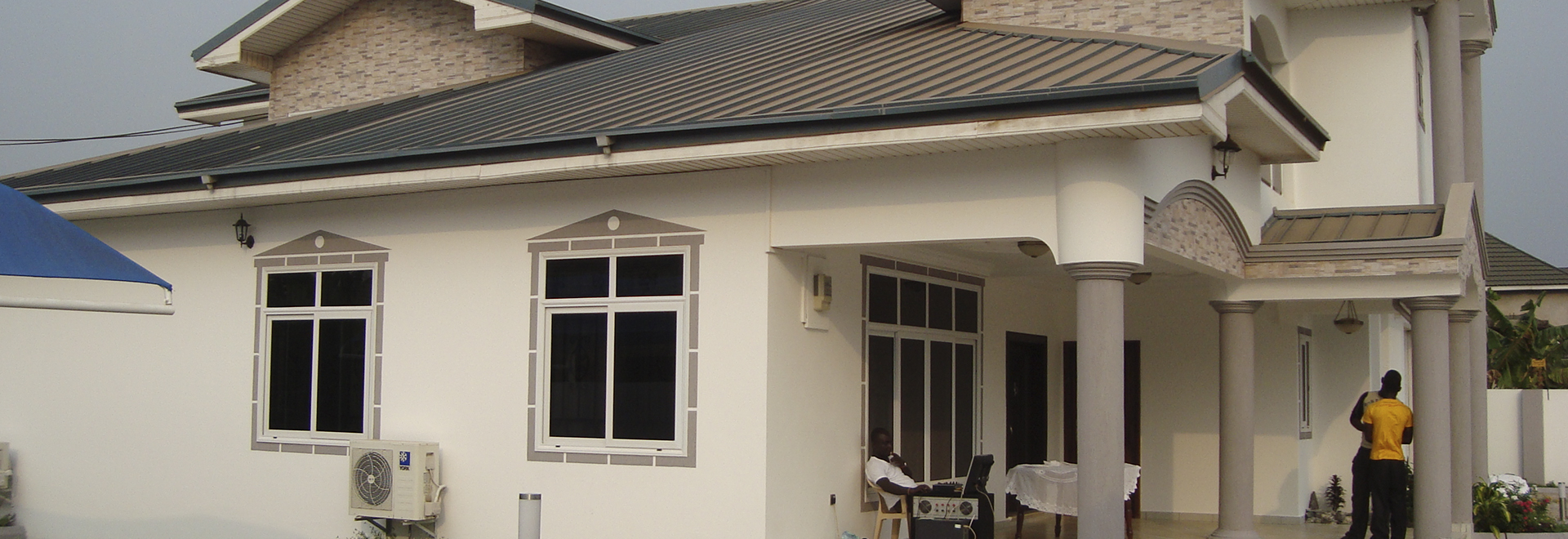Building and Infrastructure Development in Ghana: Pioneering a Sustainable Future
Ghana is undergoing rapid urbanization, and with this surge comes the need for innovative building and infrastructure development. From modern skyscrapers to essential road networks and energy-efficient homes, the country is poised for a construction boom that will lay the foundation for its future growth. As a result, building and infrastructure development in Ghana is a critical sector, attracting attention from both local and international players eager to invest in the country's future.
Current Trends in Ghana's Building and Infrastructure Sector
Sustainable Architecture and Green Buildings
Sustainability has become a priority in construction across the globe, and Ghana is no exception. With a growing focus on minimizing environmental impact, architects and construction firms are integrating eco-friendly practices into building projects. The use of renewable energy sources, green materials, and energy-efficient designs has become increasingly prevalent. These innovations not only meet global environmental standards but also reduce long-term operational costs.
Road and Transport Networks
One of the most crucial aspects of infrastructure development is the expansion and improvement of road and transport networks. The Government of Ghana continues to invest heavily in road construction projects, particularly in major urban centers like Accra and Kumasi. This is essential for easing traffic congestion, improving connectivity between cities, and supporting the country’s economic growth by enabling the efficient transportation of goods and people.
Affordable Housing Projects
Ghana’s growing population and urban migration have led to an increased demand for affordable housing. Developers are increasingly focusing on mass housing projects that meet the needs of middle and lower-income families. In this regard, the government’s partnerships with private investors have been crucial, as these collaborations provide the funding necessary for large-scale affordable housing schemes across key cities.
Energy and Utility Infrastructure
As Ghana develops, its need for reliable energy infrastructure becomes more pressing. Solar energy projects, hydropower plants, and waste management systems are being developed to meet the energy needs of new and existing buildings. Moreover, innovations in water supply and sanitation infrastructure are becoming increasingly vital, ensuring that developments are sustainable in the long term.
"I was impressed by the affordability and professionalism of Jekks Consult. They delivered my home on time and within my budget without compromising on quality"
Michael A., Accra
"Jekks Consult Limited provided excellent project management for our commercial project. They handled everything seamlessly, and their pricing was very reasonable."
Anita D., Tema
Key Players in Ghana’s Infrastructure Development
Several companies and institutions are driving infrastructure development in Ghana. Prominent construction firms and civil engineering companies such as Jekks Consult, Consar Limited, and Berock Ventures Limited are making significant contributions. These firms are not only involved in building construction but also in large-scale infrastructure projects like bridges, railways, and airports.
Additionally, public-private partnerships (PPPs) are gaining traction, bringing together government support and private investment to fuel growth in the infrastructure sector. These collaborations are vital for financing high-cost projects, especially those related to energy, transport, and housing.

Challenges in Ghana’s Infrastructure Development
While Ghana is making significant progress, the infrastructure sector still faces a number of challenges:
- Financing and Budget Constraints: Large-scale projects often require substantial funding, and despite government efforts, limited budgets can slow down development timelines.
- Bureaucracy and Regulatory Hurdles: Navigating the complex regulations and approval processes can be time-consuming, delaying project implementation.
- Environmental Concerns: With increasing emphasis on sustainability, firms must balance development goals with environmental preservation.
Conclusion: The Future of Building and Infrastructure in Ghana
Ghana’s building and infrastructure development sector is rapidly evolving, with significant progress being made in housing, transportation, and sustainable building practices. As urbanization accelerates, infrastructure projects will play a critical role in shaping the country's future. With a focus on green buildings, affordable housing, and advanced transport networks, Ghana is setting the stage for a more connected, sustainable, and prosperous future.
Whether you are a developer, investor, or simply an observer, the transformation underway in Ghana’s infrastructure landscape is one to watch.


Leave a Comment
Your email address will not be published. Required fields are marked *